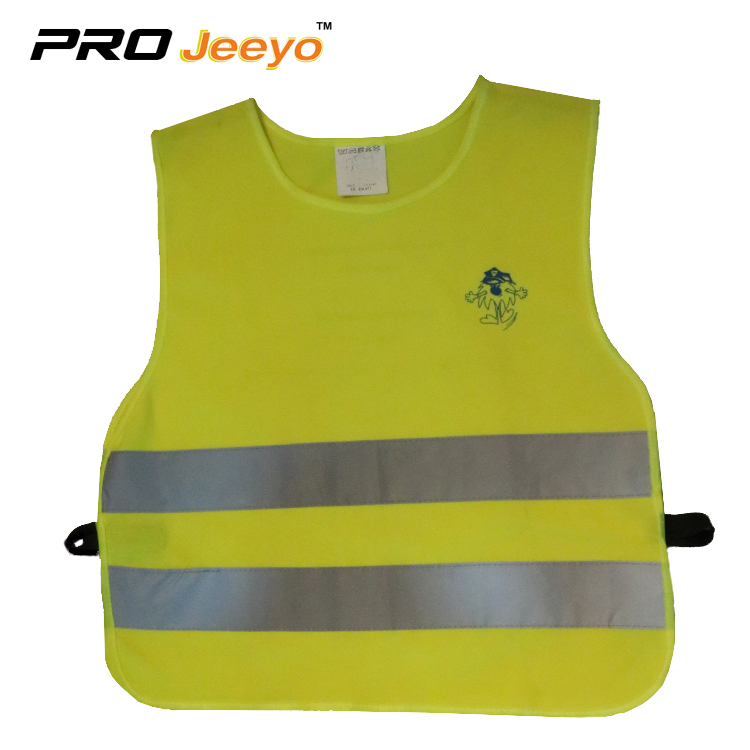Tool Identification Technology Overview The identification of traditional tool management is mainly determined by bar code, lettering or code wheel on the tool holder, and the information is manually entered to track, measure and record the tool. With the improvement of machining efficiency and automation, and the frequent change of tools, this traditional method of manually tracking tool information has been difficult to meet the current processing requirements for tool information. Therefore, the tool itself or the tool user needs an automated tool identification system, and the tool electronic tag comes into being. The significance is to identify and monitor the tool to ensure that the right tool is available during machining. According to the way of reading the tool data, the tool identification electronic tag can be divided into contact type and non-contact type. The main non-contact identification technologies for current tool identification are: (1) Bar code recognition technology in the tool management system. Barcode (BarCode) is a tool that uses a set of black and white, different thickness and bar symbols to indicate the name, origin, price, type and other information of the tool. Barcode is by far the most economical and practical automatic identification technology. The main advantages in the tool management system are low cost and flexible application; the disadvantages are easy tearing, fouling or falling off, limited information storage, and only one bar code can be identified at a time. (2) RFID technology in the tool management system. RFID (Radio Frequency Identification), commonly known as RFID, is an automatic identification technology that began to emerge in the 1990s and gradually matured. It uses radio frequency signals to achieve contactless information transmission through spatial coupling (alternating magnetic field or electromagnetic field). And the technology for identifying purposes through the information passed. At present, RFID technology has been widely used in industrial automation, object tracking, traffic control management, anti-counterfeiting and military applications. The main advantages of RFID technology in tool management system application are pollution resistance, large readable distance, high-speed moving objects, rewritable information, large storage data capacity, multiple labels at the same time, etc.; At present, the minimum cost of a single RFID tag is 7 cents, which is much higher than the cost of the bar code - a minimum of 3 points. Omron uses radio frequency technology (RFID). (3) Special identification technology for tool management system. From the perspective of sensor applications, sensors can be divided into dedicated sensors and general purpose sensors. For tool management systems, some companies have developed tool recognition sensors. For example, Pepperl+Fuchs uses its own identification sensor; Bilz also developed the “Tool Diagnostic System†product, which provides contact and non-contact sensors. The advantage of this tool-specific recognition technology in the tool management system is that it is highly targeted; the disadvantage is the lack of versatility and high cost. Next page
Sports safety
reflective outdoor riding vest is made by polyester with 120gsm 100%polyester knitted Fabric.100% polyester mesh material could keep children cool. High visible Reflective Tape make sure children can be see by other road user
increased safe.
Description of Kids Students Reflective Vest
Size:S/M/L
Material:120gsm 100%polyester knitted Fabric
Color: Fluorescent orange,yellow
Measure:
customized
Front closure:Zipper/HOOK&LOOK
Usage:outdoor
activity,night running,night riding,etc.
Packaging:standard
export package or customized
Reflective tape:5CM
EN471 or customized
Payment:L/C,T/T,Western
Union
Delivery:Ningbo,Shanghai,7-15
days according to the quantity
FAQ:
Q:How long could I get a sample? Sample cost?
A:Usually 2-5days.Simple sample can be free after you
pay for the freight cost.
Q:What`s you delivery time?
A:20-25days.
Q:Can the logo or company name printed on the
products?
A:Yes, any logo or design is available. We accept OEM.
Kids Students Reflective Vest Kids Students Reflective Vest,Reflective Safety Children Vest,Students Reflective Vest,Kids Reflective Vest Yongkang Juyuan Reflective Products Factory , http://www.pjreflect.com
Tool management is an organic combination of modern management science and high-tech applications. Facing the development and challenges of aerospace manufacturing enterprises' flexible, high-efficiency, high-speed machining and multi-variable control, tool management generates productivity and manufacturing costs for aerospace manufacturing. The major impact is attracting more and more attention and thinking from top management. Nowadays, more and more aerospace manufacturers are trying to improve the management of tools, explore new tool management modes or management methods, and try to improve tool performance and life, reduce manufacturing costs and increase productivity through effective tool management. And processing quality. With the continuous development of information technology, aerospace manufacturing enterprises began to use the information management system to achieve the whole life cycle management of tool planning, procurement, tracking, monitoring, scheduling and so on. Tool identification is an unavoidable problem in tool management. Especially in inventory management, there are many types of tools, huge quantities, and frequent warehousing operations. If there is no effective and reliable identification technology, inventory management can easily fall into chaos. At the same time, the marking of the tool plays a crucial role in the tracking, tracing and monitoring of the tool. Therefore, how to effectively use the marking technology is a key issue for the successful application of the tool management system. 